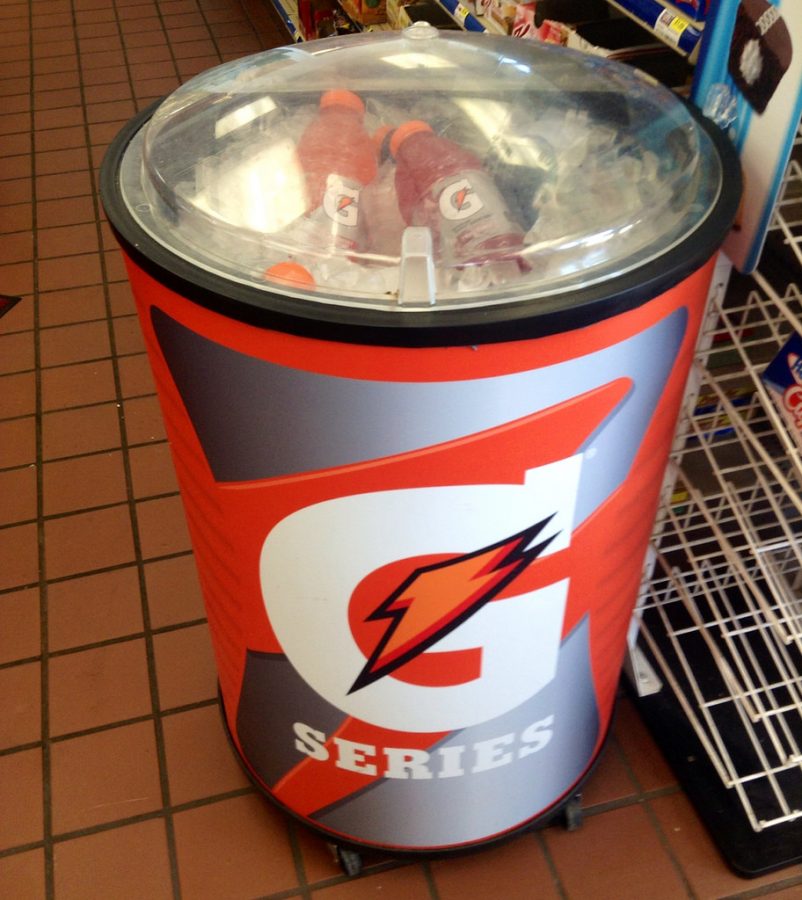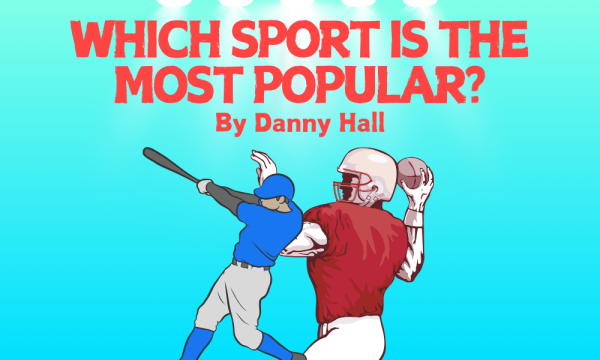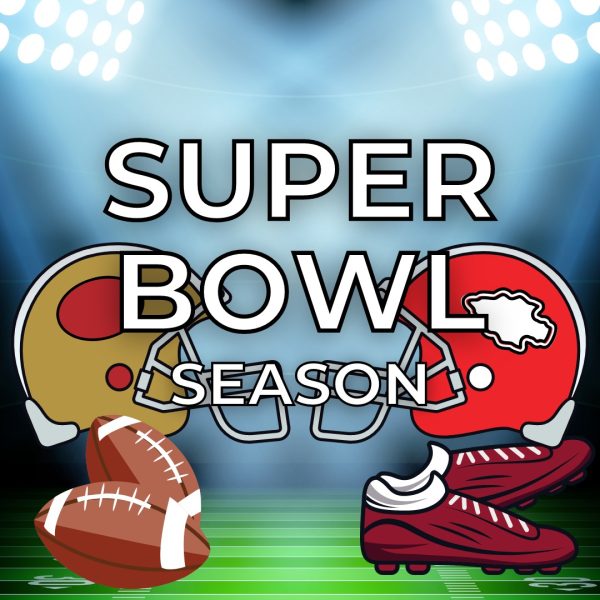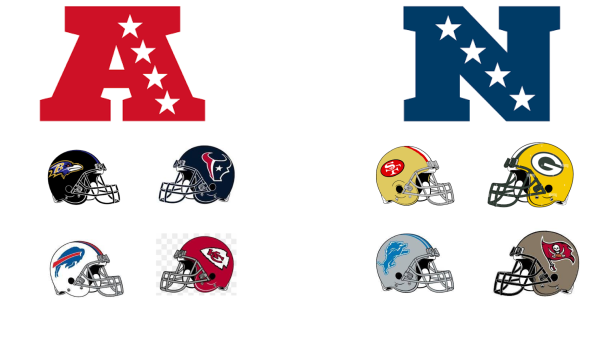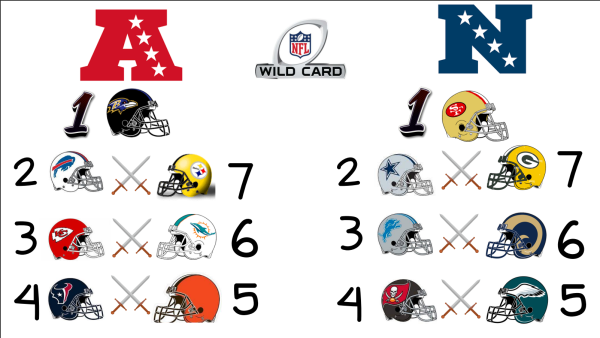QUENCH YOUR THIRST
The comparison of sports drinks.
What is your go-to drink after an intense workout? Athletes need hydration and adequate fuel for an optimal workout. Sports drinks are very popular, but how do they compare?
Sports drinks provide a combination of electrolytes and carbohydrates that replenish your body’s fluids after working out. Sports drinks can improve your sports performance by maintaining your cardiovascular and nervous systems, depending on the duration and intensity of your physical activity. Electrolytes are important to our body because they regulate our blood pressure, help muscles function, controls fluid balance, and help balance pH levels in your body.
An electrolyte contains sodium, chloride, potassium, magnesium, and calcium. Your sweat contains electrolytes, and when you exercise and sweat you lose these electrolytes, which your body needs to replenish.
Sports drinks include electrolytes, which help your muscles and nerves, carbohydrates, which help to restore glycogen levels, and water, which helps to hydrate athletes. Sports drinks are not all created equal because they have different levels of electrolytes, carbohydrates, and water.
The table below compares the most important nutritional components of popular sports drinks:
Sports Drink Sodium Potassium Calories Sugar
Gatorade G Series 110 mg 50 mg 50 14 g
Powerade 55 mg 35mg 70 15 g
Propel 80 mg 0 0 0
Coconut Water 30 mg 515 mg 45 0
Gatorade G Series has a good balance of electrolytes and carbohydrates that will help you maintain your fluid levels in your body when your workout is over 60 minutes. Powerade has less sodium than Gatorade and might be best for a less intense workout since it has less sodium than other drinks. Propel has little to offer athletes; it lacks potassium, which helps athletes muscles to contract. Coconut water has an overloaded amount of potassium, which your body does not necessarily need during or after a strenuous workout. Your body needs more sodium than potassium after a rigorous workout.
Sports drinks help meet an athlete’s nutrition and recovery goals by replacing lost fluids during rigorous activities. Athletes should review their go-to sports drink to ensure it is replenishing what was lost during their workouts to meet all their recovery goals.
https://www.healthline.com/nutrition/electrolyte-water
https://www.washingtonpost.com/lifestyle/wellness/hydration-water-vs-sports-drink/2012/08/10/7f2f71dc-dda1-11e1-af1d-753c613ff6d8_story.html?noredirect=on&utm_term=.35cdd67817ab
https://www.foxnews.com/food-drink/sports-drinks-the-myths-busted


